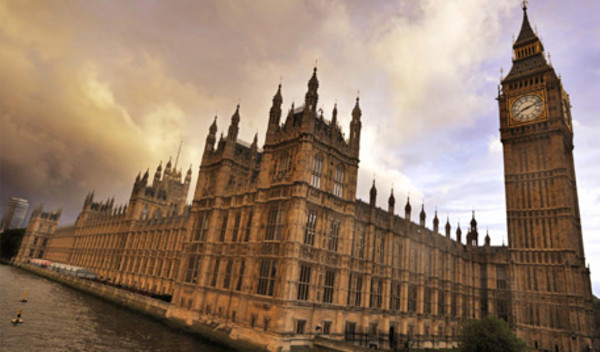

In a report, published today by the cross-party group criticised current housing policy for setting a new homes target which will fail to meet the demand for new homes or moderate the rate of house price increases.
It also took issue with the government restricting local authorities’ access to funding to build more social housing and a narrow focus on home ownership which neglects those who rent their home.
Finally, the committee raised the issue of frequent changes to tax rules, subsidies for house purchases, reductions in social rents, and the extension of the Right to Buy all creating uncertainty in an “already dysfunctional housing market”.
The report therefore recommended lifting restraints on local authority borrowing to fund social housebuilding and resume their historic role as one of the major builders of new homes.
It suggested council tax should be charged on developments that are not completed quickly, stating the government’s reliance on private developers to meet its target of new homes is “misguided”.
The report called the private sector housebuilding market “oligopolistic”, with the eight largest builders building half of all new homes on a business model “restricting the volume of housebuilding to maximise their profit margin”.
The government must also take decisive steps to build on the “very substantial” holdings of surplus publicly owned land, with the National Infrastructure Commission deemed best to oversee this process, it said.
“Local authorities should be given the power to increase planning fees,” the report added, suggesting local authorities should be able to set and vary planning fees to help fund a more efficient planning system, with the upper cap on these charges set much higher than the current limit.
Lord Hollick, chairman of the committee, said the only way to face the acute housing crisis is to increase supply.
“The country needs to build 300,000 homes a year for the foreseeable future. The private sector alone cannot deliver that. It has neither the ability nor motivation to do so; we need local government and housing associations to get back into the business of building,” he stated.
“The government are too focused on home ownership which will never be achievable for a great many people and in some areas it will be out of reach even for those on average incomes.”
He also called it “very concerning” that changes to stamp duty for landlords and cuts to social rent could reduce the availability of homes for rent.
The Residential Landlords Association picked up these points and called on the new government to drop its predecessor’s attacks on the buy-to-let market and ensure that the tax and planning systems encourage individual landlords to invest in new properties.
Alan Ward, chairman of the RLA, argued corporate investors are simply failing to develop the required homes to rent.
“The vast majority of landlords are individuals, renting out just a few properties,” he stated. “With the right planning and tax policies, they are ideally placed to invest in new homes to rent and to make better use of the country’s existing housing stock, including converting large properties into more useable smaller units of accommodation.”
peter.walker@ft.com



